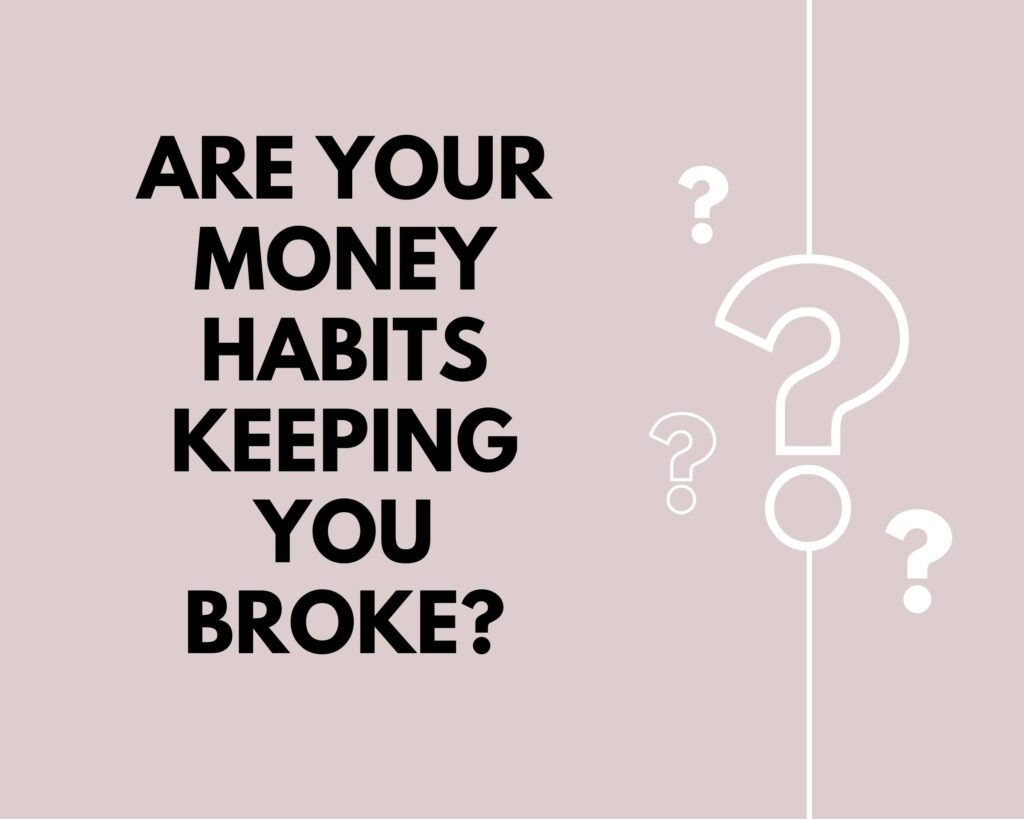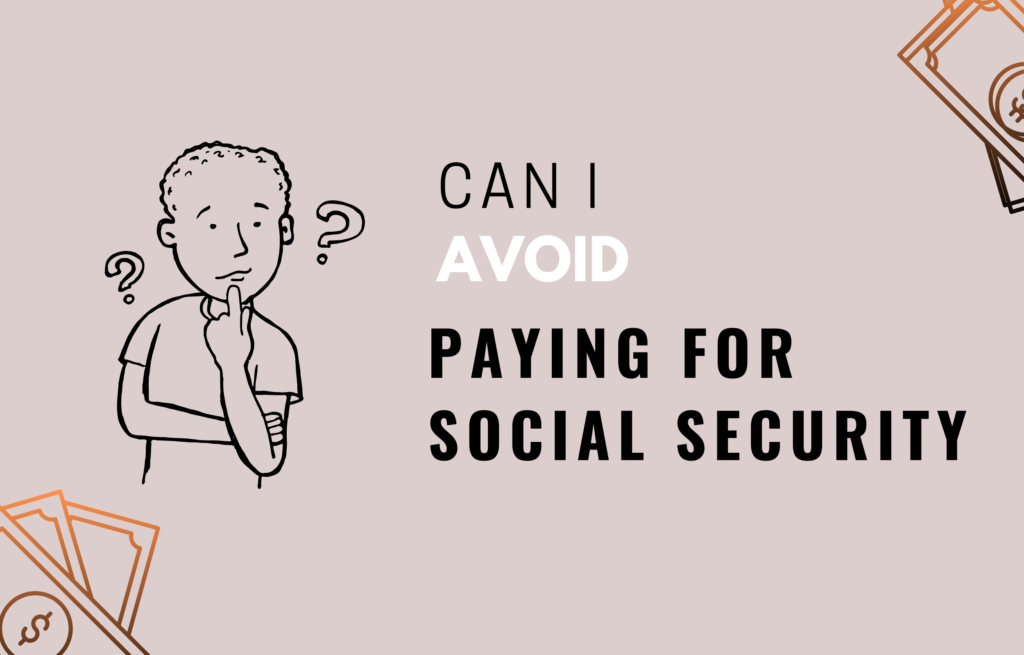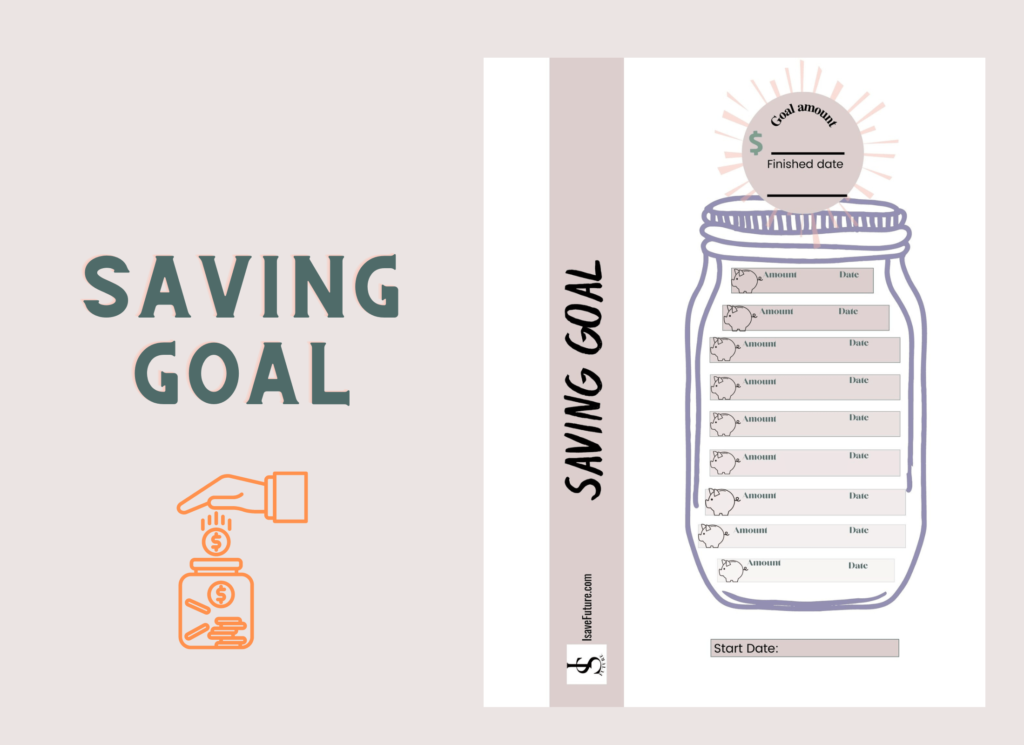#1 HAVING THE WRONG MENTALITY ABOUT MONEY
The mentality you choose to adopt about money will determine your financial success. Your income usually grows as much as your mindset allows it. What you tell yourself is what you will see. If you have a victim mentality, you will only see unfairness around you. If you have the mentality of a businessman, you will see opportunities all around you. Having the correct mentality about money is telling yourself that you can do it. It is not focusing on the challenges but instead, on the opportunity you have to make a better life for yourself.
Many people think that only people who inherit wealth can win with money and that is not true. You can build anything you want if you put your mind to it. Tell yourself that you no longer want debts to lead your life, nor you will live check by check. Stop self-limiting yourself. Instead, create a legacy for you and your family. Have the wake-up moment and change from the inside out. Recognize your weaknesses and work on them with passion and patience. Adopt the mindset you need to become a self-motivated person eager to succeed with money.
The wrong mentality of broke people
- Blaming others for one’s failure
- Justifying irresponsible money decisions
- Complaining all the time
- Thinking short term
- Lack of commitment
- Always staying in the comfort zone
- Have a closed mind
- Unable to recognize their weakness
- Playing the victim role
- Self-limiting thinking
- Resent the wealthy
- Believe money is evil
- Surround themselves with other unsuccessful people
#2-NOT HAVING A VISION OF YOUR FUTURE
A vision of your future is a picture of where you want to be in a certain amount of years. For instance, you will like to retire at age 55 with a million dollars in retirement investments, so you can live off the interest. You will like to have a vacation house and the car of your dreams. Close your eyes and create the perfect picture of the future you want. Usually, people without a vision lose motivation along the way because they are not clear about what they are working for. I keep a vision board in my room and that is the first thing I look at when I wake up. It is a constant reminder of what I’m working for. After all, identify your vision, make a commitment and act on it.
#3 NOT HAVING A PLAN
Not having a plan is like driving to an unknown city without a GPS. Write down a detailed, well-organized plan that includes specific dates and objectives. Make it clear and realistic. Remember, your success will depend on how good your plan is.
#4-NOT KNOWING THE DIFFERENCE BETWEEN WANTS AND NEEDS.
Stop justifying unnecessary purchases. You probably create these crazy stories to justify spending money that you don’t have on things you don’t need. Every time you want to make a purchase, ask yourself how that purchase will help you get closer to your dreams, or goals. Many times, we buy things to impress people we don’t even care about. Think about how irrational that is. Remember that the people who care about you will rather see you financially stable. After all, When you are paying debts, you should only spend money on things you need. Such as your rent, food, clothes, etc.
#5 NOT HAVING A BUDGET
A budget is crucial to be successful with money. It puts the first thing first. When you have a budget, you have control of your money and you get to assign duty to every dollar you make. For many people, a budget becomes eye-opening. Sometimes when people are creating their budget for the first time, they realize they are spending more than they make. Also, they find out about subscriptions they have forgotten about which are consuming their income. I also know some people who were able to reduce their monthly expenses significantly by being aware of how much they were spending on certain areas of their life. When you create your budget consider these tips.
- Make your budget at least one week before the month begins.
- Pay yourself first. Put at least 15% of your income into a retirement account.
- Take care of the four walls first (housing, food, clothes, and utilities).
- Budget for every single expense you have in a month (birthdays gifts, school supplies, etc)
- Through any extra money for your smaller debt, and pay the minimum on the other debts.
- Keep your housing expense less than 25% of your take-home income.
- Budget money for any goal you may have (vacation, car, house, etc).
- Stick to your budget. You need to be loyal to your budget no matter what.
#6-NOT PAYING YOUR DEBTS
Debts consume your income. Think about all the money you pay in interest. Also, think about how much money you will have if you didn’t have any debts. You should not buy something if you don’t have the money to pay for it. Stop borrowing money to buy material things that only give you short-term gratification. Delay gratification is the attitude that millionaires have when they make most of their money decisions, and you should adopt this same attitude too.
#7-BEING REACTIVE AND NOT PROACTIVE
A proactive person focuses on eliminating problems before they have a chance to appear. For example, a proactive person has an emergency fund for when unexpected setbacks happen. Also, a proactive person has retirement investments for older age. On the other hand, a reactive person responds to events after it has happened. This person will borrow money to fix his/her car because she/he didn’t prepare for it.
Proactivity is very important when it comes to money. Bad things will happen, it is just a matter of time and you need to be prepared. Have an emergency fund in a money market account, so you can access it when needed. If you take money from the emergency fund account to take care of an emergency, replace it as soon as possible. Have a clear definition of what an emergency is. Going on vacation is not an emergency.
#8-HAVING A VICTIM MENTALITY
You are not a victim of your circumstances. Having a victim mentality will make you feel helpless. Focus on the positive around you, and forget the bad things that happened to you in the past. The past is in the past, and each day is a new opportunity for a new beginning regardless of age. You have good in you, and you have a role to play in society.
You must switch your frame of reference from victim to victory. Focus on the aspect of your life that is working while you recognize the ones that need improvement and work toward making it better. Embrace life, learn from it, and make something of it. If you can identify the positives around you, every aspect of your life will become an asset.
#9- LIVING OFF WELFARE BENEFITS
Without a doubt, there are times in our life when we need help to bounce back from a difficult situation and that is ok. You should look for community resources if you cannot meet the financial needs to cover your four walls(housing, food, clothes, and utility). However, you should not stay in welfare programs forever; let me explain why. If you don’t get out of these programs, you will live below the poverty line your entire life. Why? because to qualify for these programs, your income must fall below the poverty line, and to keep these programs you have to stay below the poverty line. Do you see the problem? First, you have to be poor to qualify. Second, you have to stay poor to keep receiving these benefits.
Finally, when you retire you will receive a portion of the low income you maintained your whole life to keep receiving welfare benefits. You have to switch that dependency mindset. You are capable of supporting yourself and creating wealth. If you let it, welfare will replace self-sufficiency with dependency. The worst part is that you will pass on this horrible mindset to your kids.
10# NOT INVESTING MONEY
You need to put your money to work for you. Banks pay a ridiculously low-interest rate for your savings unless you are doing online banking which pays a little better. Once you have paid all your debts and have your emergency funds in place, invest 15% of your income. If you invest this money right, you will multiply your money significantly. When it comes to investing, time is your best friend, so the sooner you start investing the better.
Finally, think about the peace of mind you will have if you have money in a retirement and savings account. Money does not provide happiness, but it will give you stability, and stability will give you tranquility. Having money available to you will help you see life with a positive attitude.




